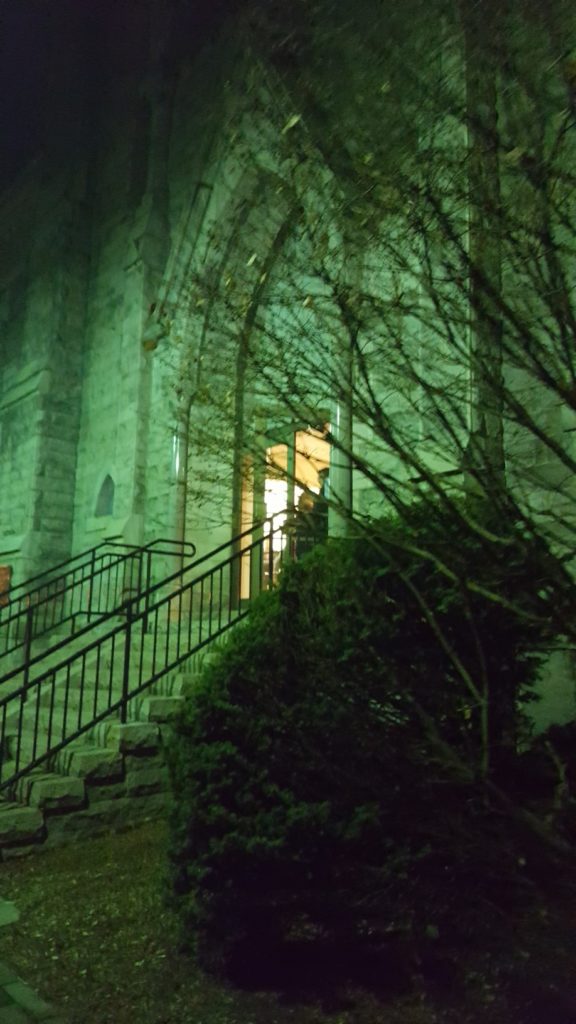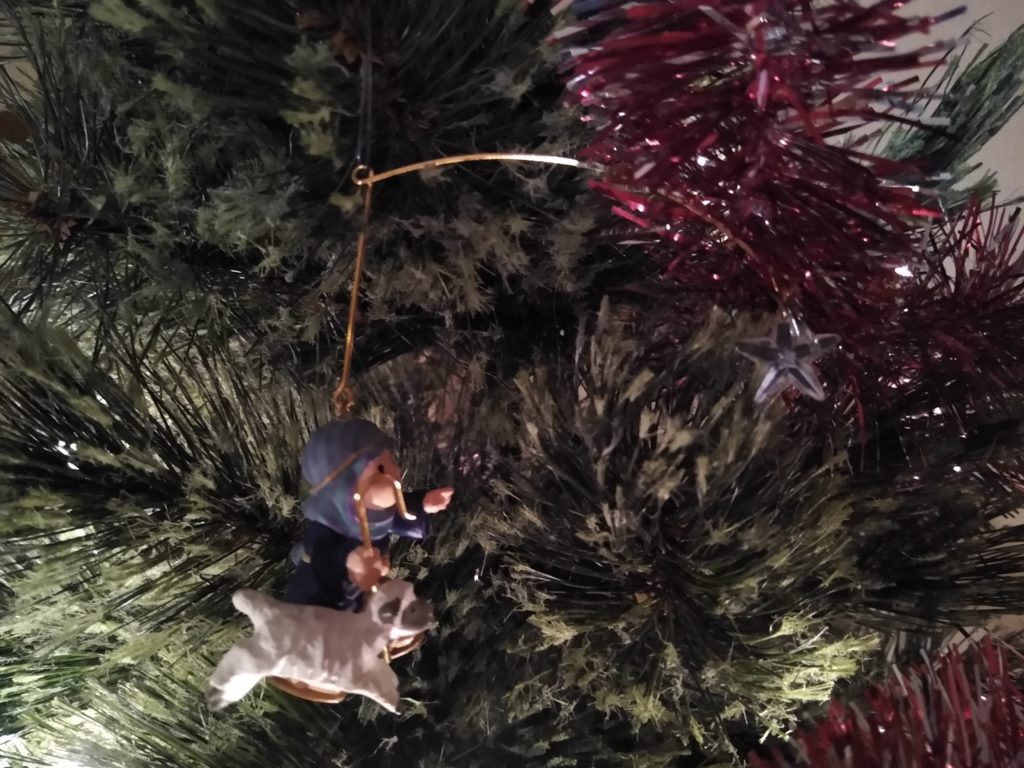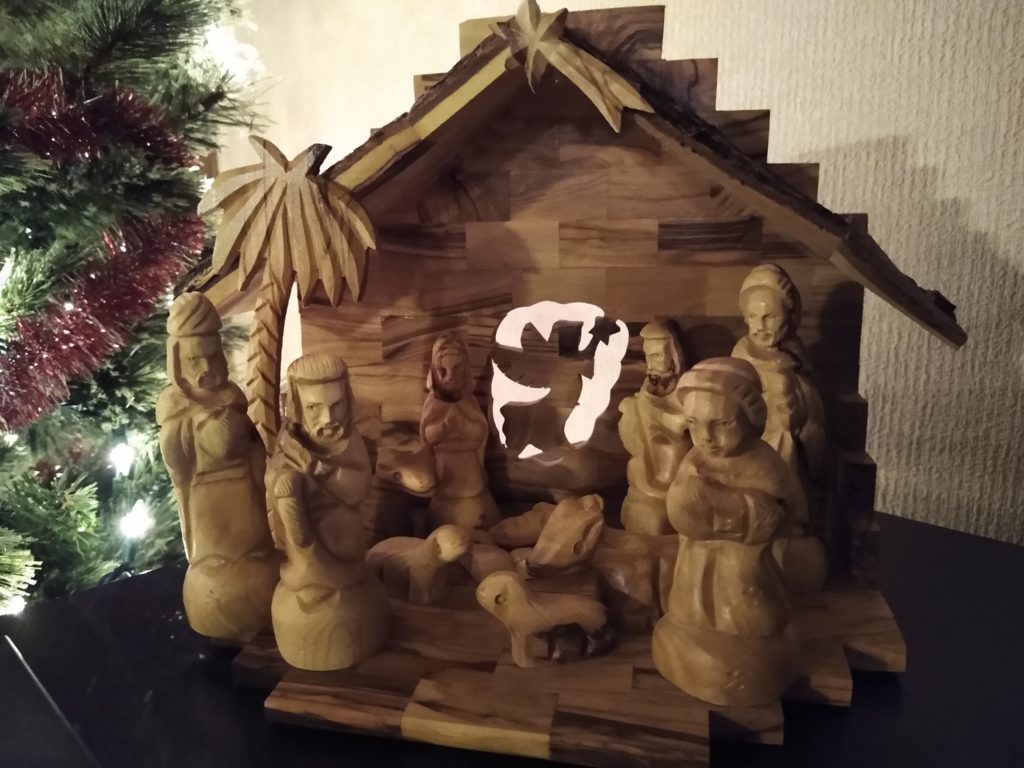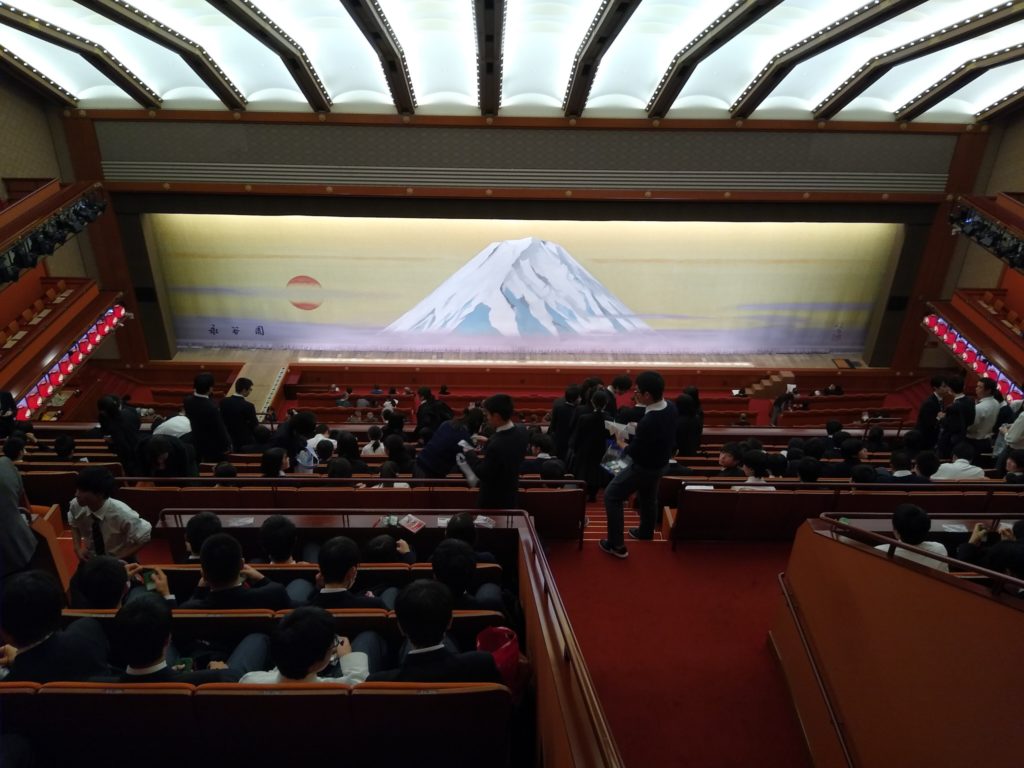We are greeted with clasping hands and a generous smile.
It is hard to know who said “shalom” first. But we all do at some point during introductions.
The man quickly catches a boy by the shoulder.
The little black-haired boy looks up at his father, who had stopped him in his play. The boy gazes up at his father, listening to the instructions. But in a couple of seconds, the boy runs off like a shot, out the door and down the alleyway.
Our host (also shop owner) eagerly leads the four of us to four tiny plastic chairs of differing colors. Color seems to be the theme running through Jerusalem. Brightly ornate scarves hang about us. Several languages color the air. And a dozen or more ethnic groups create a culture more colorful than any other on this earth.
And now I see the little Arab boy, running in his shorts and sandals, carrying something. He holds what looks like a platter suspended by three ropes tied at the top and held in his hand. On that platter are five small and clear glasses of green tea, whole leaves. The lad moves effortlessly through a nearby crowd. He enters the store and his father serves us.
It’s delicious and sweet—this tea, this place, this moment, everything. And all the uncomprehended Hebrew has me hypnotized. But I refocus and notice that our friends stand and begin moving into another room.
We are here with an objective.
We are here to find Christmas.
Presently, the shop owner and giver of delightful tea rummages through piles of olive wood carvings. First, he produces the hand-crafted manger; then Mary, now Joseph, baby Jesus, shepherds, wise men three, sheep, camels, ect.
It’s all here. He tells us, as is visible by the various models nearby, that he has crafted hundreds of Nativity scenes. He appears quite proud of his creation.
He should be proud.
His hands craft the very throne of the Majestic One. Olive wood is lowly enough to be hand-crafted and beautiful enough for a King; which, to me, seems just right.
Tis a King’s tale.
anthony forrest







